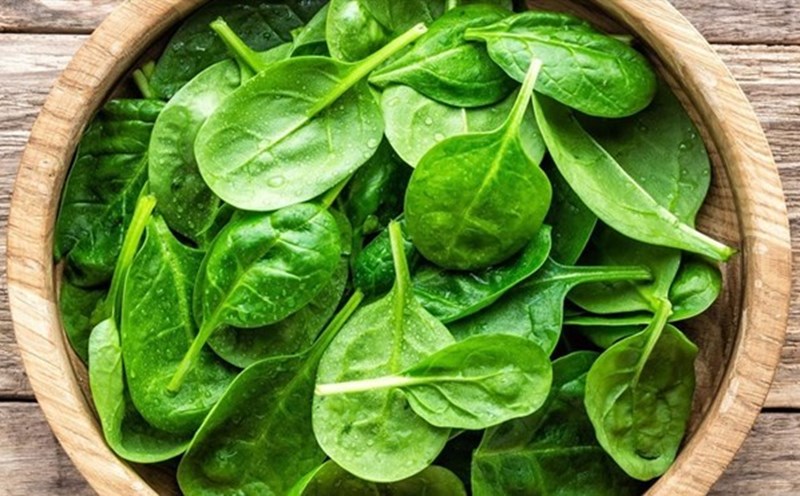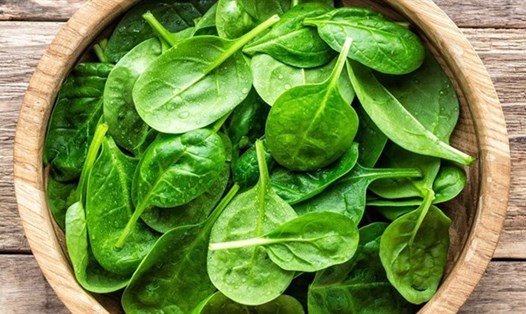When liver enzymes (ALT, AST) are high, diet plays a very important role in supporting liver function recovery. Below are foods that are not good for people with high liver enzymes, recommended to be avoided or limited by reputable health organizations.
Beer and alcoholic beverages
Alcohol is the leading cause of liver damage and elevated liver enzymes. According to the World Health Organization (WHO), alcohol consumption can lead to fatty liver disease, alcoholic hepatitis and cirrhosis, which seriously affect liver function.
Alcohol makes the liver work too hard to filter out toxins, leading to the destruction of liver cells and increasing liver enzymes (ALT, AST). A study by the American Association of Liver Diseases (AASLD) shows that people who regularly drink alcohol are 2-3 times more likely to develop chronic liver disease than those who do not drink.
Foods high in saturated fat
Foods high in saturated fat, such as red meat, animal fats, fried foods, and processed foods like sausages and hamburgers, are not good for people with high liver enzymes.
WHO recommends that people with high liver enzymes should minimize saturated fat in their diet and prioritize unsaturated fats from plant sources, such as olive oil, flaxseed oil, and sunflower oil.
Sugar and refined sugary foods
Sugar and foods containing refined sugar such as soft drinks, candy and fast food are also recommended to be limited for people with high liver enzymes.
High levels of sugar in the diet can cause insulin resistance and increase the risk of non-alcoholic fatty liver disease. When blood sugar levels are high, the liver has to work harder to convert glucose into energy, putting a strain on liver function and possibly leading to hepatitis and elevated liver enzymes.
WHO recommends that daily sugar intake should not exceed 10% of total energy consumption to protect the liver and other organs.
Processed foods and fast foods
Processed foods and fast foods like pizza, french fries and instant noodles are high in preservatives, saturated fat and sodium.
The high sodium and preservatives in processed foods can make the liver work harder to process the chemicals, leading to liver damage. At the same time, these foods are often lacking in nutrients and high in empty calories, contributing to weight gain and obesity - factors that increase the risk of fatty liver and other liver diseases.
Foods that contain a lot of salt
Salt is an important factor to limit in the diet of people with high liver enzymes. Consuming too much salt can lead to high blood pressure and water retention, which puts pressure on the liver. The WHO recommends limiting daily salt intake to 5g (about a teaspoon) to minimize the risk of liver damage and other health problems.











